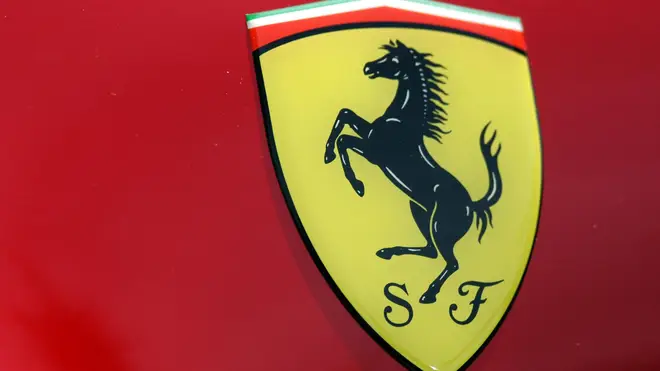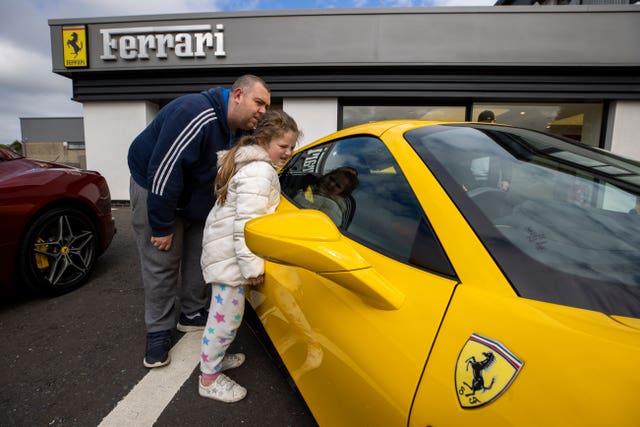
Richard Spurr 1am - 4am
2 August 2021, 17:24

Buyers of the luxury car are getting younger while more women are placing orders.
Luxury sports car maker Ferrari has surged back to second-quarter growth, posting a 206-million-euro (£176 million) profit after seeing its earnings drop precipitously in the same period a year ago due to the pandemic shutdown.
Based in the northern Italian city of Maranello, Ferrari said net profit for the three months ending June 30 compared with nine million euros last year, when the company was forced to shut production for seven weeks.
It was also an improvement over the 184-million-euro profit posted in the same period of 2019, before the pandemic.
Interim chief executive John Elkann said June marked a record in orders at the luxury carmaker, noting that general trends show the age of new Ferrari buyers is going down while the number of women placing orders doubled.
“This speaks to the unique and enduring power of Ferrari,” Mr Elkann told an analyst conference call.
Shipments nearly doubled in the quarter to 2,685, along with net revenues, which surged to 1.03 billion euros from 571 billion euros a year earlier.

That was also an improvement of 5% over the same period in pre-pandemic 2019.
Ferrari posted first-half profits of 412 million euros, up from 175 million euros in the same period last year.
On the strength of the earnings, Ferrari raised its forecast to 450 million euros in cash by the end of the year, up from 350 million euros.
Ferrari has announced a new chief executive, Benedetto Vigna, an Italian executive, at Europe’s largest semiconductor chipmaker, who will start his tenure on September 1.
The company announced a capital markets day to outline strategy under the new chief executive for June 16 2022.
Mr Elkann said that electrification of powertrains will be Ferrari’s focus for the next decade, noting that electrification addresses tightening standards on emissions in the industry, “but does not solve the carbon footprint”.
The challenge for the decade from 2030-2040, he said, will be focused on carbon neutrality, which “will mean changes in the energy supply and could lead to alternatives”, such as synthetic e-fuels or hydrogen.